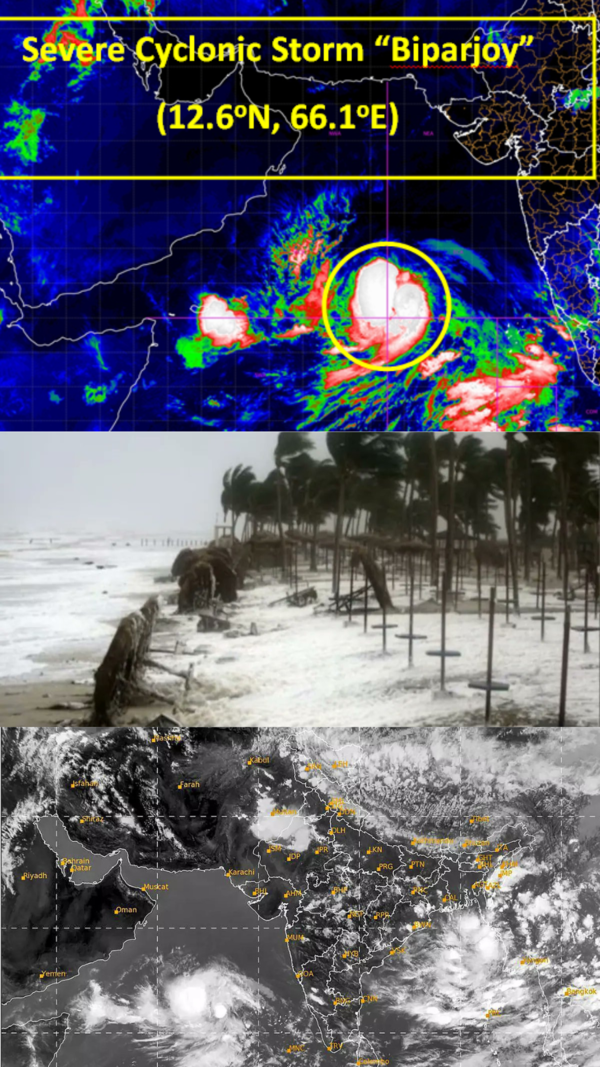- News
- City News
- chennai News
- 1.8 lakh Olive Ridley hatchlings released this year
Trending
1.8 lakh Olive Ridley hatchlings released this year

Better strategies, more hatcheries and follow up have helped
CHENNAI: The Olive Ridley nesting season seems to have been good this year. The forest department has released 1.8 lakh hatchlings, the highest number in the last eight years, into the sea. In Chennai alone, 38,721 hatchlings were released.
The lowest number was in 2019-2020 with just 60,789 hatchlings released. Last year, 1.72 lakh hatchlings were released. Before this, the highest was in 2017-2018 when 1.21 lakh hatchlings were released from 21 hatcheries.
Better strategies, opening of more hatcheries and constant follow up have helped increase the number of hatchlings. Better funds from the union government 5 lakh-10 lakh for every division under integrated development of wildlife habitats also helped. Supriya Sahu, additional chief secretary, stated that the number of eggs collected were more in Chennai, Cuddalore and Nagapattinam. "More than 80% of eggs have hatched. The number of hatcheries was between 19 and 22 in previous years. And 75,000 and 1.72 lakh eggs hatched. This year, we released 1.83lakh hatchlings," she said. There were 35 hatcheries this year.
Supraja Dharini of the Tree Foundation, an NGO which maintains hatcheries in Chennai and Chengalpet, said this year the heat was a challenge. "The sex of the hatchlings depends on the temperature. We maintained a temperature of 30 degrees C-32 degrees C at the hatcheries. The temperature within the nest is always two degrees above the outside temperature due to the heat released from incubating eggs. If the temperature is between 25 degrees C and 30 degrees C, 70% of the eggs will be male hatchlings. When it is between 30 degrees C and 35 degrees C, 80% of them will be female. If the temperature is is 34 degrees C-35 degrees C, only female hatchlings will emerge. We ensured we got a good ratio of male and female hatchlings," she said.
The lowest number was in 2019-2020 with just 60,789 hatchlings released. Last year, 1.72 lakh hatchlings were released. Before this, the highest was in 2017-2018 when 1.21 lakh hatchlings were released from 21 hatcheries.
Better strategies, opening of more hatcheries and constant follow up have helped increase the number of hatchlings. Better funds from the union government 5 lakh-10 lakh for every division under integrated development of wildlife habitats also helped. Supriya Sahu, additional chief secretary, stated that the number of eggs collected were more in Chennai, Cuddalore and Nagapattinam. "More than 80% of eggs have hatched. The number of hatcheries was between 19 and 22 in previous years. And 75,000 and 1.72 lakh eggs hatched. This year, we released 1.83lakh hatchlings," she said. There were 35 hatcheries this year.
Supraja Dharini of the Tree Foundation, an NGO which maintains hatcheries in Chennai and Chengalpet, said this year the heat was a challenge. "The sex of the hatchlings depends on the temperature. We maintained a temperature of 30 degrees C-32 degrees C at the hatcheries. The temperature within the nest is always two degrees above the outside temperature due to the heat released from incubating eggs. If the temperature is between 25 degrees C and 30 degrees C, 70% of the eggs will be male hatchlings. When it is between 30 degrees C and 35 degrees C, 80% of them will be female. If the temperature is is 34 degrees C-35 degrees C, only female hatchlings will emerge. We ensured we got a good ratio of male and female hatchlings," she said.
In Tamil Nadu, it is usually sporadic nesting that happens unlike in Odisha where there is mass nesting.
Start a Conversation
FOLLOW US ON SOCIAL MEDIA
FacebookTwitterInstagramKOO APPYOUTUBE










